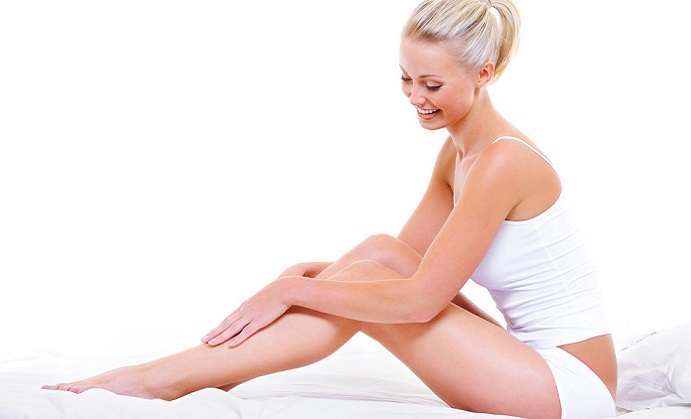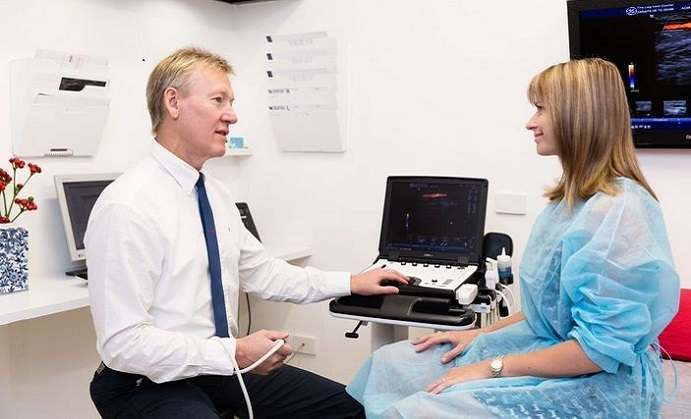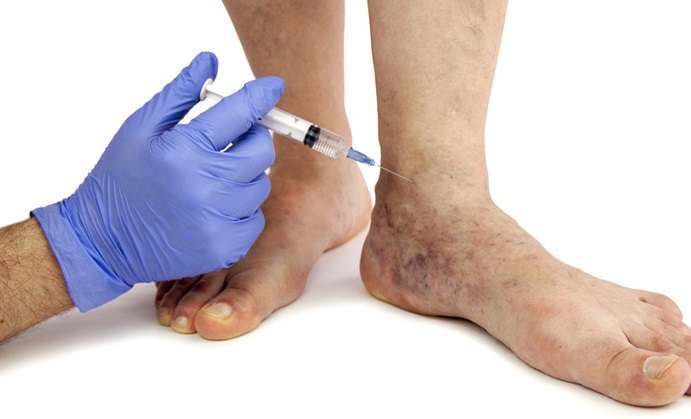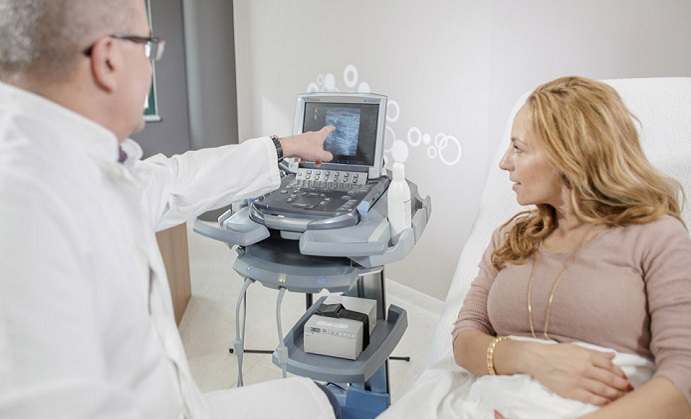Veins are part of the body’s cardiovascular system. They take unoxygenated blood to the heart as a part of the metabolic process. After being pumped from the heart to the lungs and oxygenated again, this oxygen-rich blood will be delivered to organs and cells via arteries and capillaries. The valves in veins prevent the blood from flowing in the wrong way and also push it towards the heart. When valves are not functioning well, the blood stays in the legs, creating the pressure that damages the vein walls.
The medical term for damaged and dilated veins is varicose veins. The damage can happen to the smaller parts of the vein, or it can affect the entire vein. Sometimes, blood clots also appear, as well as, ugly bulges. Unhealthy veins are usually visible, but it is not always the case. If the condition is mild, they can sometimes go unnoticed.
Symptoms of Varicose Veins
 Varicose veins are dilated and swollen. They are often sensitive and painful, especially during sleep. Sitting and standing at work for eight hours or more per day is a very important risk factor for varicose veins. When standing a lot, blood is pulled into the lower extremities and the condition gets more serious. Besides prolonged sitting and standing, habits like crossing your legs, smoking or wearing tight and uncomfortable clothes can contribute to the bad health of your veins. Obesity, pregnancy and constipation are also risk factors.
Varicose veins are dilated and swollen. They are often sensitive and painful, especially during sleep. Sitting and standing at work for eight hours or more per day is a very important risk factor for varicose veins. When standing a lot, blood is pulled into the lower extremities and the condition gets more serious. Besides prolonged sitting and standing, habits like crossing your legs, smoking or wearing tight and uncomfortable clothes can contribute to the bad health of your veins. Obesity, pregnancy and constipation are also risk factors.
Natural Treatments for Varicose Veins
Prevention is the key when it comes to varicose veins. Costly medical treatments are sometimes not covered by health insurance and they are usually invasive and painful. They will also require a recovery period and days off work. There is no guarantee that the treatment will be successful or that the condition will not recur. It is better to rely on preventative methods as much as possible.
 A healthy diet can help with varicose veins. Your nutrition should be based mainly on vegetables, fruits and proteins. Eating foods rich in fiber is a good way to improve your digestive system and avoid constipation. You should also increase the intake of vitamins and antioxidants to help repair your damaged veins. Bioflavonoids are antioxidants from citrus fruits and other fruits rich in Vitamin C. They are great at enhancing blood circulation. Unhealthy sugars, alcohol, cigarettes and coffee are harmful to varicose veins and they should be avoided.
A healthy diet can help with varicose veins. Your nutrition should be based mainly on vegetables, fruits and proteins. Eating foods rich in fiber is a good way to improve your digestive system and avoid constipation. You should also increase the intake of vitamins and antioxidants to help repair your damaged veins. Bioflavonoids are antioxidants from citrus fruits and other fruits rich in Vitamin C. They are great at enhancing blood circulation. Unhealthy sugars, alcohol, cigarettes and coffee are harmful to varicose veins and they should be avoided.
When choosing remedies for varicose veins pick the ones with natural, herbal ingredients. Beside active substances, they should also contain some amount of minerals and vitamins to help the tissue of the vein walls heal.
Alternate cold and mild showers on the lower parts of your body to initiate better blood circulation. Exercise more often. Go swimming or walking several times a week. These kinds of activities will increase blood flow and help you with your varicose veins.
Preventative measures and natural treatments for varicose veins are much better options than complicated medical procedures. You should adopt a healthy lifestyle before this condition gets worse.











